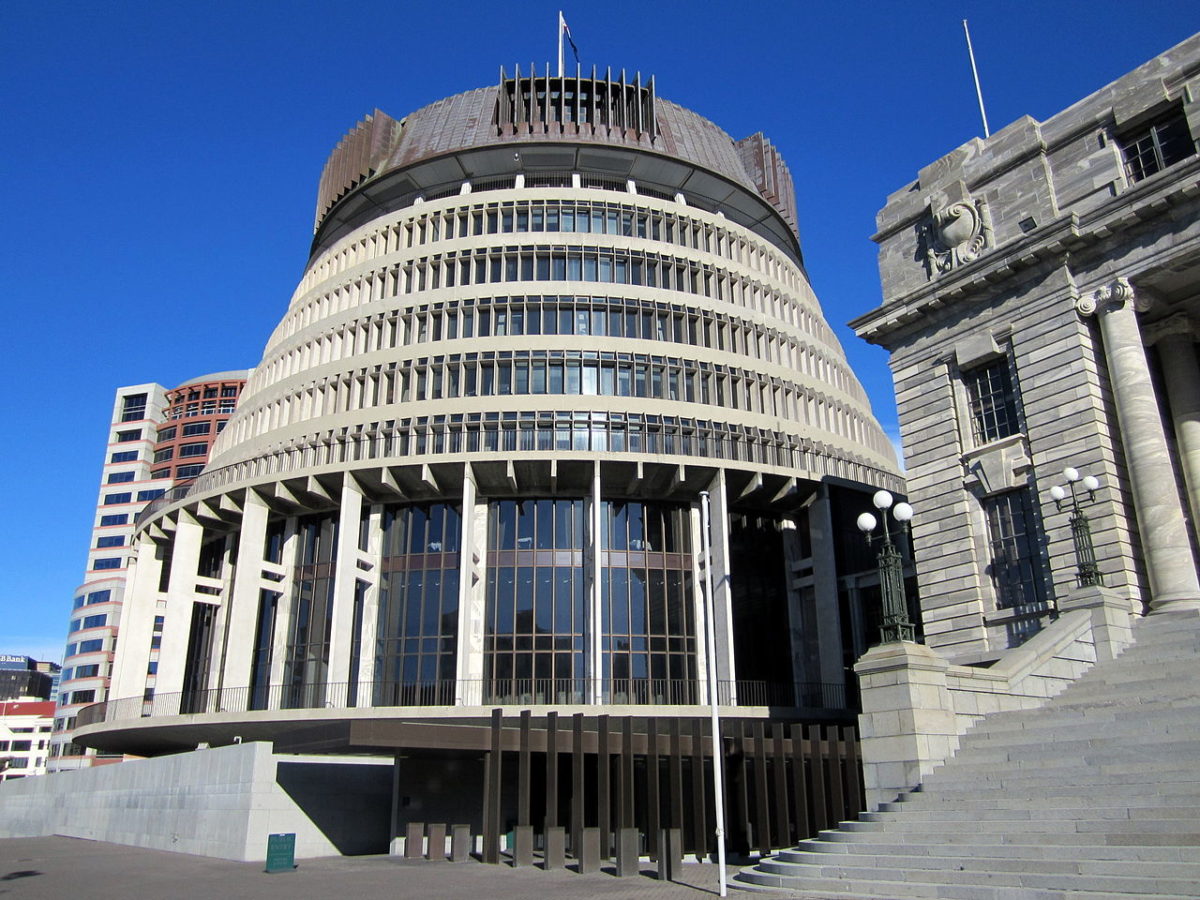The New Zealand Association of Scientists says the Science System Advisory Group’s (SSAG’s) consultations and Terms of Reference (ToR) send worrying signals when combined with recent comments from the Minister for Science, Innovation and Technology (SIT), Judith Collins.
As science faces the largest cuts in decades, NZAS Co-President Troy Baisden says:
“There is wide agreement this panel is set up to take short-term action. Consultation in the most recent reform has confirmed the sector knows action is needed. Yet, we watched in horror as the window for action passed and Te Ara Paerangi Future Pathways left critical national capability headed for ‘fiscal cliffs.’
“The latest interview[1] from the Minister is a flashback to failed thinking from the 1990s, aimed at ‘efficiencies’ and commercialisation, that keeps recreating the same problem. We need a national foundation of publicly funded research to build an economy that keeps us safe from hazards and climate change, enhances productivity, and the connectivity of knowledge. Only on a stable foundation can innovation thrive to drive economic growth and well-being.”
The interview – not publicly available – has been published by Research Professional.
Troy Baisden says:
“Despite a Terms of Reference aimed at action, the Minister’s comments and consultation questions make it clear the SSAG’s first phase could be lost by reopening 40 years of navel gazing,[2] failing to produce the improvements needed now.
“In addition to stabilising the foundations in our workforce, institutions, and infrastructure on top of which future success as a nation lies, we now face two cavernous problems.
“Second, societal and business responses to climate change, hazards or risks of economic, supply chain and similar shocks are built on public knowledge and trust. Our public research institutions dangerously depend on consultancy models for half their revenue, which growing evidence suggests can infantilise our governments, weaken our firms and warp our economy.[3]
“The SSAG does not appear well-placed to address these problems, despite being formed to take fast action, presumably guided by the views of its chair.[4] In the long run, a more diverse panel with less commercialisation focus is needed. Ultimately, we need a considered process which acknowledges the uniqueness of our nation’s challenges and opportunities, and the long history of attempts to reform our research and innovation system.
“As nations become more focused on strategies for industry sectors and the challenges of the 21st Century, such as climate change, the NZAS encourages submissions that identify immediate fixes; while also calling for a process better able to address the troubled history and scale of the challenge facing our nation’s research, technology, and innovation needs.
“With the Minister and Ministry placing so much focus on another hack at improving our commercialisation we must ask how the critical foundations of the publicly funded research system can be preserved in the face of the largest cuts in 30 years. There is real danger that unless stakeholders think beyond the SSAG’s ToR, the immediate good the SSAG recommendations can achieve could be outweighed by damage to the national capability.
“We need fixes now but must also rebuild the research system New Zealand deserves for the 21st century, so we once again punch above our weight to collaborate and innovate. The NZAS will post a draft submission next week, calling for a process such as a Royal Commission to overcome the repeated failures to reimagine our national research system.”
Troy Baisden’s remarks are contained in a press release which includes these references”
[1]https://www.researchprofessional.com/0/rr/news/new-zealand/2024/4/Judith-Collins–counting-on-commercialisation.html
[2]See our compendium at https://scientists.org.nz/Reshaping/13350462
[3] https://marianamazzucato.com/books/the-big-con/
[4] NZAS Council agrees with approximately 70% of the Prof Sir Peter Gluckman’s submission: https://informedfutures.org/green-paper-submission/
Source: Scoop












